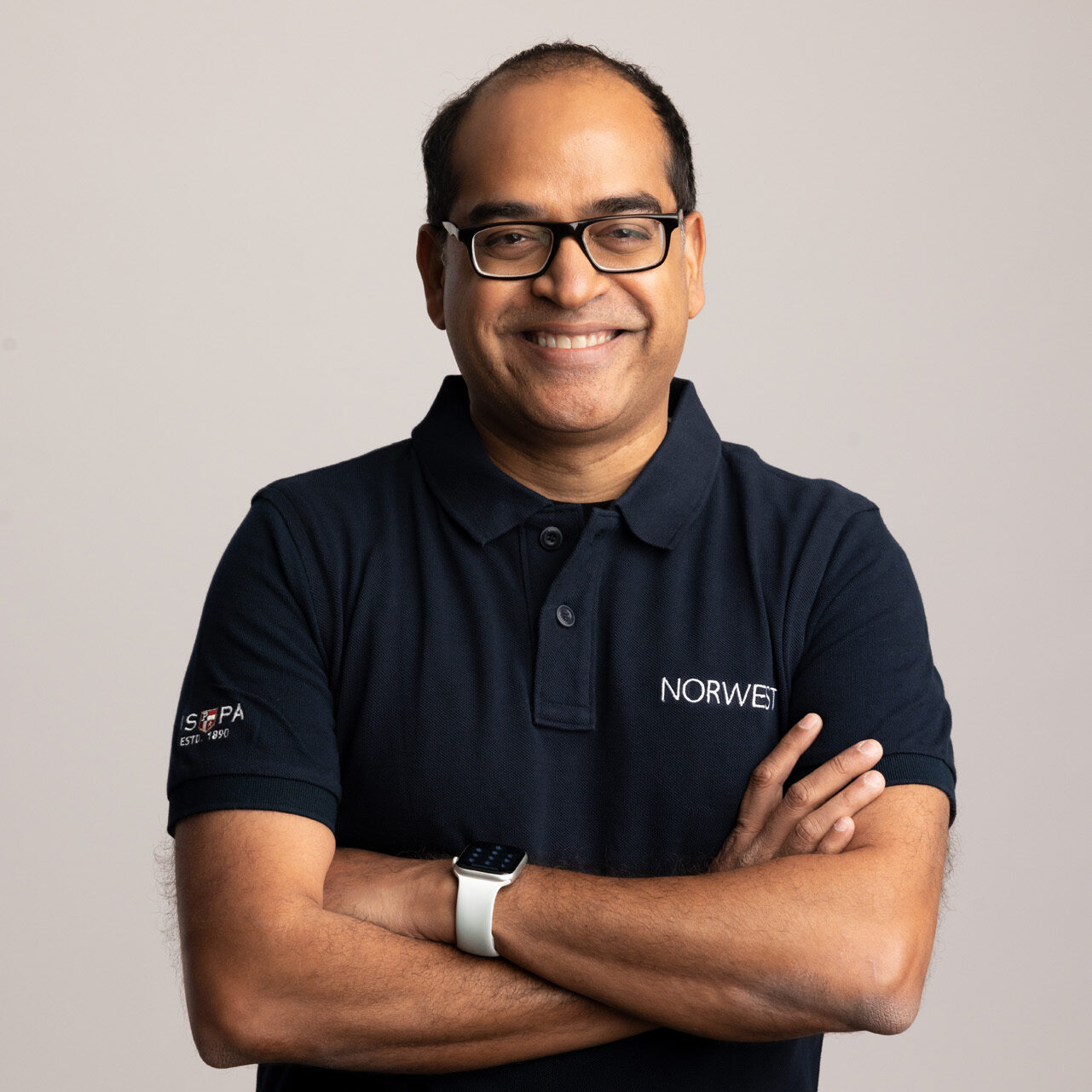Consumers in affluent societies are accustomed to buying on Amazon and receiving their orders the next day. But that type of frictionless e-commerce is nowhere near the standard in most parts of the globe. And the reason for that isn’t just a matter of internet access. Many communities haven’t been exposed to e-commerce as avid Amazon shoppers know it. Or it could be that Amazon just doesn’t offer the products or the prices that are right for them.
Norwest learned this during the research that eventually convinced us to lead a $75 million Series C funding round in CityMall, India’s leading community commerce platform and the pioneer of the community group buying model in India.
What’s “community commerce”?
First, a little background. There are around 600 million internet users in India. Of those, the vast majority use WhatsApp or Facebook. Only about 60-70 million – less than 15 percent – make any purchase online. And the preponderance of those users are in the country’s largest cities. In smaller towns, the share of internet users who engage in e-commerce is even smaller. Why? Two reasons, mainly.
The first is that residents in small towns view outside sellers with a very high level of skepticism and mistrust. Residents are used to purchasing their daily needs from neighborhood mom-and-pop kirana stores they know and trust. Second, low disposable incomes mean the ticket sizes of customer purchases are small, making a direct-to-consumer supply chain economically inefficient.
The priorities among these citizens – in rank order – are price, selection, and convenience, virtually the opposite of online buyers in the U.S.
CityMall brings e-commerce to the masses
It is this dynamic that attracted the attention of Angad Kikla and Naisheel Verdhan, the experienced entrepreneurs who founded CityMall in 2019. Their goal is to make e-commerce attractive to the more than 500 million internet-connected citizens of India who have never bought anything online before.
“The impact of the internet in India has largely been limited to social media and entertainment content,” Kikla says. “But there’s this huge opportunity in e-commerce, if only sellers approach it correctly. That’s our vision: to tailor e-commerce to the unique needs of a half-billion people.”
CityMall’s strategy is almost the inverse of Amazon and Flipkart, the two major purveyors of e-commerce in India. Instead of endless choice, CityMall offers a limited, carefully chosen list of SKUs. Instead of promoting well-known brands, CityMall emphasizes regional or local names. Rather than pushing consumers toward threshold purchase amounts, CityMall embraces low-cost items. And it targets residents of Tier 2, 3, and 4 cities (populations between 100,000 and 1,000,000).
But the single biggest difference in the CityMall business model is the presence of “community leaders” – local residents who act as a bridge between consumers and CityMall. Community leaders, working on commission, use their social networks to invite friends and family members to form a shopping team to qualify for discounts, assist them in making purchases, and manage the last-mile delivery of orders.
“Community leaders are the central nervous system of our platform,” according to Kikla. “So, the secret sauce of CityMall lies in identifying, selecting, and growing these leaders. We look for two things: how much time they can spend on CityMall, and their ability to influence customer behavior.”
CityMall has demonstrated fast and capital-efficient growth
CityMall results to date have been impressive. Revenue has grown 30 percent month-to-month for more than a year, and over 30,000 community leaders have been engaged. On average, 10 consumers place orders with each community leader, and that number is growing.
Norwest has been active in India for 15 years and has backed more than 50 companies in the world’s sixth-largest economy. So, we know both the opportunities and the pitfalls of doing business in India.
We have been impressed by the strong product-market fit and hypergrowth that CityMall has demonstrated. We are excited to partner with Angad,
Naisheel, and their team as they create an online supermarket for India’s next 400 million online shoppers.


